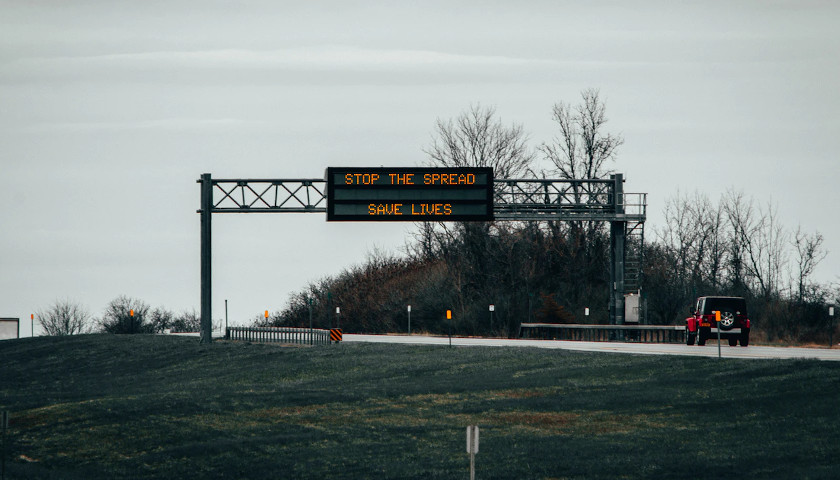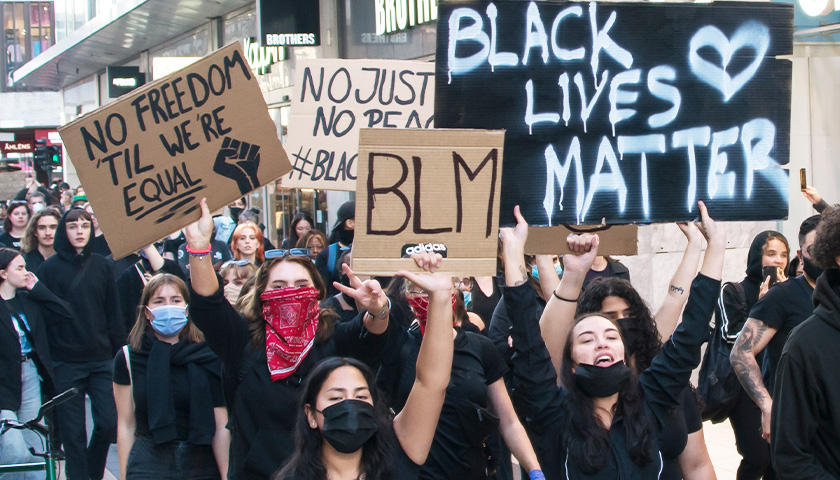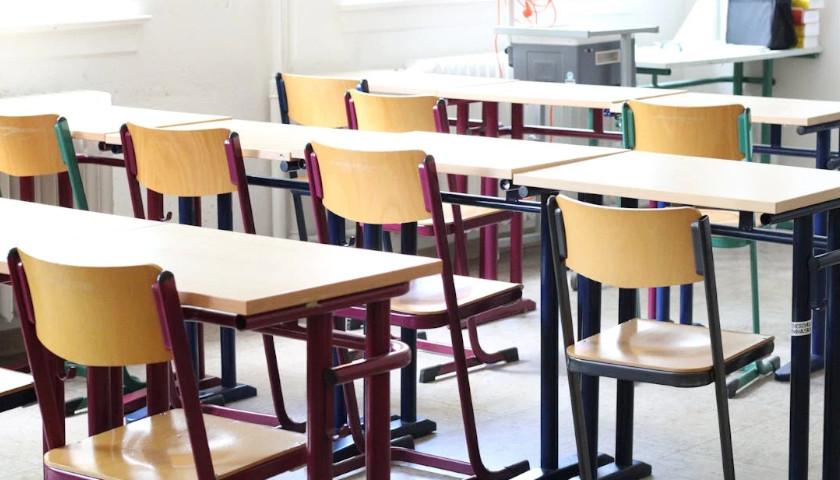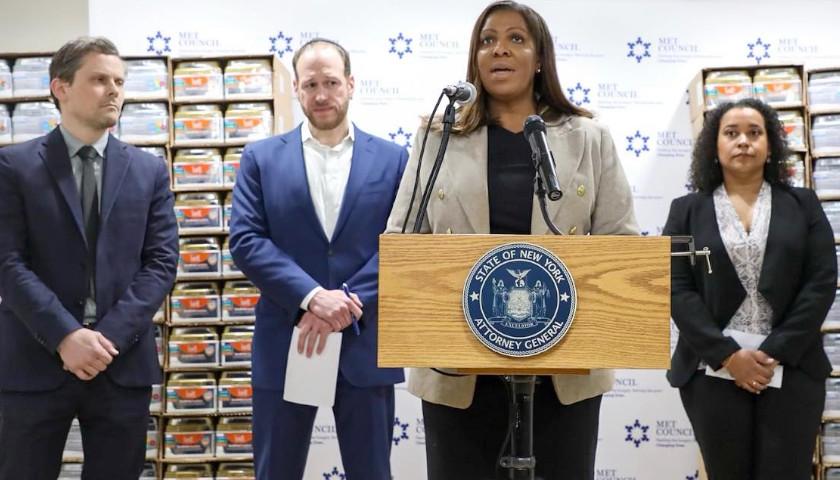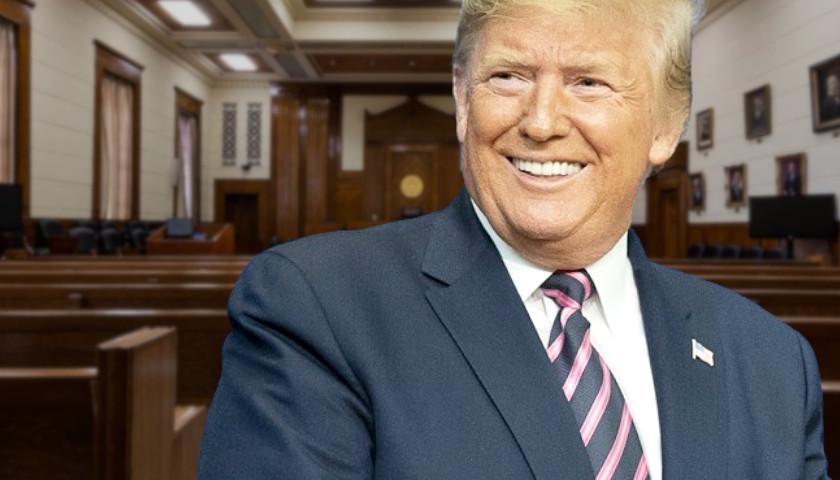Ohio Governor Mike DeWine announced Thursday that Ohio Department of Health (ODH) Director Stephanie McCloud signed the Director’s Second Amended Order that All Persons Stay at Home During Specified Hours Unless Engaged in Work or Essential Activity.
The Ohio Star reported Wednesday the governor announced the curfew extension at his COVID briefing.
The power to endorse the Order, asserts ODH Director McCloud, comes from “authority granted to me in R.C. 3701.13 to “make special orders…for preventing the spread of contagious or infectious diseases.”
The curfew applies to all Ohioans who are expected to stay at a place of residence between 10:00 p.m. and 5:00 a.m., except for the following:
- anyone participating in religious services, First Amendment protected speech including activity of the media
- anyone traveling as required by law enforcement or court order, including to transport children pursuant to a custody agreement, for early arrival for security purposes, and to obtain fuel
- anyone leaving home for: health and safety, necessary supplies and services, necessary social services, work, government services, to take care of others, to honor sports and media contracts
The order went into effect Thursday at noon and will remain in force until 12:01 p.m. on January 23.
The Star reached out to DeWine Press Secretary Dan Tierney to ask if the language indicates that the order lacks enforceability and if it is more akin to guidance.
Tierney replied, “It is the exact same curfew order as before, with a new end date. The language in the release is almost identical to our announcement language in November.”
The Star also contacted an Ohio government attorney inquire about the enforceability of the Order, who responded that the directive is “as enforceable as anything else has been.”
“Technically, it’s a health director order,” the lawyer said; adding:
But, enforcement will depend on someone actually doing the enforcement and citing people. Same questions as with any other order as to whether they are constitutional or not.
Arguments in pending legal cases have suggested that because there are numerous exceptions to the order, that shows the order is not essential, because if it was essential there would be no exceptions. Whether the order is constitutional or not depends, in part, on its necessity. But those matters are still unresolved in the courts.”
McCloud and DeWine were both previously practicing attorneys.
The Order also states that the curfew order is necessary to avoid shutdowns that are in place in other parts of the world.
“A stronger response is also needed to minimize the impact on Ohio’s healthcare and hospital capacity and ensure healthcare is available for Ohioans with COVID19, non-COVID illnesses, and emergencies,” declares McCloud in the Order.
As The Star reported that hospital capacity may be an issue at a few facilities and health systems throughout the state, however, statewide COVID patients comprising hospitalizations, ICU occupancy, and ventilator use dropped double digits in each category between mid-December to the end of the month. COVID patient use of hospital beds, ICU beds and vents is down in seven of the eight Hospital Preparedness Regions across the state.
_ _ _
Jack Windsor is Managing Editor and an Investigative Reporter at The Ohio Star. Windsor is also an Investigative Reporter at WMFD-TV. Follow Jack on Twitter. Email tips to [email protected].

